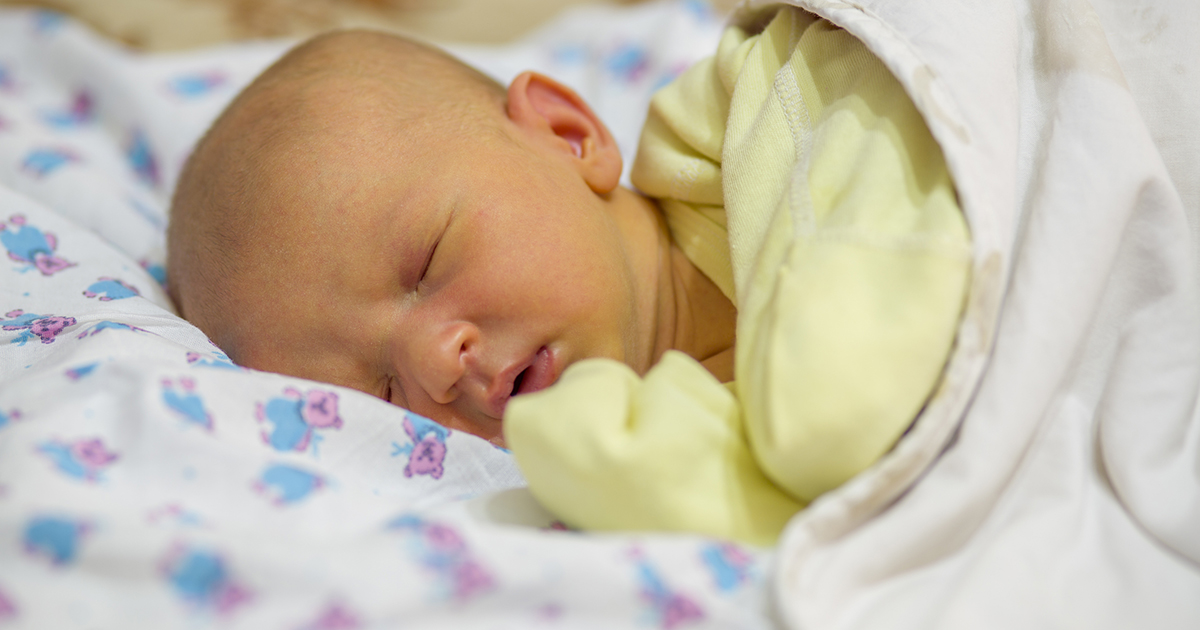Guide To The Symptoms And Treatment Of Crigler-Najjar Syndrome
Crigler-Najjar syndrome occurs when high levels of bilirubin accumulate in the blood when red blood cells are broken down. In a normally functioning body, the substance goes through a chemical reaction caused by the liver, where it's turned from toxic unconjugated bilirubin to nontoxic conjugated bilirubin. From there, the substance is removed from the body. But in individuals with Crigler-Najjar syndrome, the liver is unable to adequately produce this chemical reaction, leading the unconjugated bilirubin to build to poisoning levels. The syndrome's key symptoms are apparent from birth or while a patient is still in infancy. There are two types of the syndrome. Type 1 is the most severe, and if affected individuals develop a condition called kernicterus, they might die. Type 2 is less severe and has less risk of kernicterus, so most patients survive to adulthood.
Review the major symptoms and treatment of Crigler-Najjar syndrome now.
Severe Jaundice

Bilirubin is a substance with an orangey-yellow tint. When it builds up in the blood, this leads to yellowing of the whites of the eyes and the skin, a condition known as jaundice. When an individual has Crigler-Najjar syndrome, jaundice will be apparent either immediately following their birth or within a few months. However, infant jaundice occurs fairly commonly and is not always related to this syndrome. It occurs at higher rates in babies born prior to thirty-eight weeks gestation, and it may also develop in certain breast-fed babies. Jaundice indicates a baby's liver hasn't developed enough to convert and remove bilirubin. Though many babies don't need treatment for jaundice, treatment is necessary if there are signs of severe jaundice or an underlying disease like Crigler-Najjar syndrome. A few different symptoms indicate jaundice has become severe. If a baby's skin becomes progressively more yellow, it means there's more bilirubin accumulating. Babies who seem sick or listless may have jaundice affecting their brain, particularly if they're feeding poorly, failing to gain weight, or making unusual high-pitched cries.
Uncover more warning signs of Crigler-Najjar syndrome now.